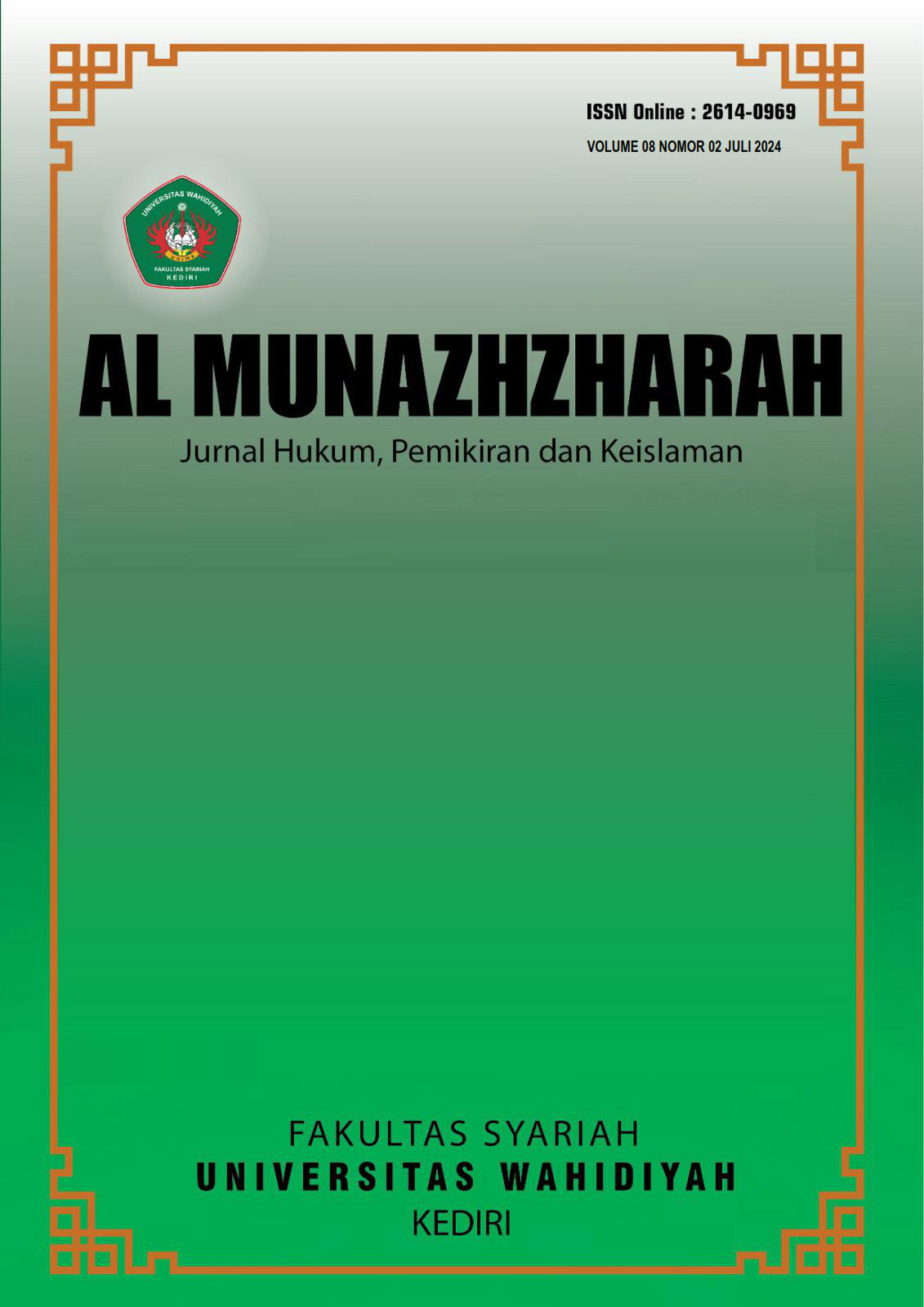PEMBERIAN REMISI TERHADAP NARAPIDANA TINDAK PIDANA KORUPSI PASCA PUTUSAN MAHKAMAH AGUNG NOMOR 28 P/HUM/2021 DALAM PERSPEKTIF TEORI TUJUAN PEMIDANAAN
Keywords:
Remission, Corruption convicts, Decision Number 28 P/HUM/2021, Theory of the purpose of punishmentAbstract
Initially, the granting of remission to corruption convicts was regulated with strict conditions to reduce the number of corruption cases. However, in 2021, the Supreme Court issued Decision Number 28 P/HUM/2021 which revoked the strict conditions, making it easier for corruption convicts to obtain remission. This decision sparked debate in society, where some parties considered the policy to be too loose and could weaken efforts to eradicate corruption in Indonesia. The purpose of this paper is to determine the granting of remission to corruption convicts Post Supreme Court Decision Number 28 P/HUM/2021 and to analyze the granting of remission to corruption convicts Post Supreme Court Decision Number 28 P/HUM/2021 from the perspective of the theory of the purpose of punishment. This study uses a normative juridical method, while the approach used in this study is to use the type of statutory regulatory approach or The Statute Approach. The results of the study on the granting of remission according to Supreme Court Decision Number 28 P/HUM/2021 show important changes in legal policy towards corruption convicts. The removal of strict requirements, namely the obligation to become a justice collaborator, makes it easier for corruption convicts to obtain remission. The removal of this requirement can have a negative impact on the effectiveness of the criminal justice system in eradicating corruption, and can affect public perception of the government's commitment to law enforcement and eradicating corruption. Remission for corruption convicts Post Supreme Court Decision Number 28 P/HUM/2021 from the perspective of the theory of the purpose of punishment, namely it can weaken the effectiveness of punishment from various perspectives. In the theory of absolute punishment, this policy reduces the retaliatory effect that should provide a warning to perpetrators and the community. In the theory of relative punishment, although the aim of relative punishment focuses on rehabilitation, if remission is given loosely, this can reduce the effectiveness of punishment as a deterrent for future criminals. Meanwhile, in the theory of combined punishment, although it provides space for the rehabilitation of perpetrators, this policy can reduce the ability of the punishment system to provide the deterrent effect needed to prevent corruption in the future. This risks weakening efforts to eradicate corruption and reducing public trust in the government's commitment to tackling corruption crimes.
Keywords: Remission, Corruption convicts, Decision Number 28 P/HUM/2021, Theory of the purpose of punishment
Downloads
Downloads
Published
Issue
Section
License
Copyright (c) 2024 AL MUNAZHZHARAH

This work is licensed under a Creative Commons Attribution-NonCommercial-ShareAlike 4.0 International License.




















